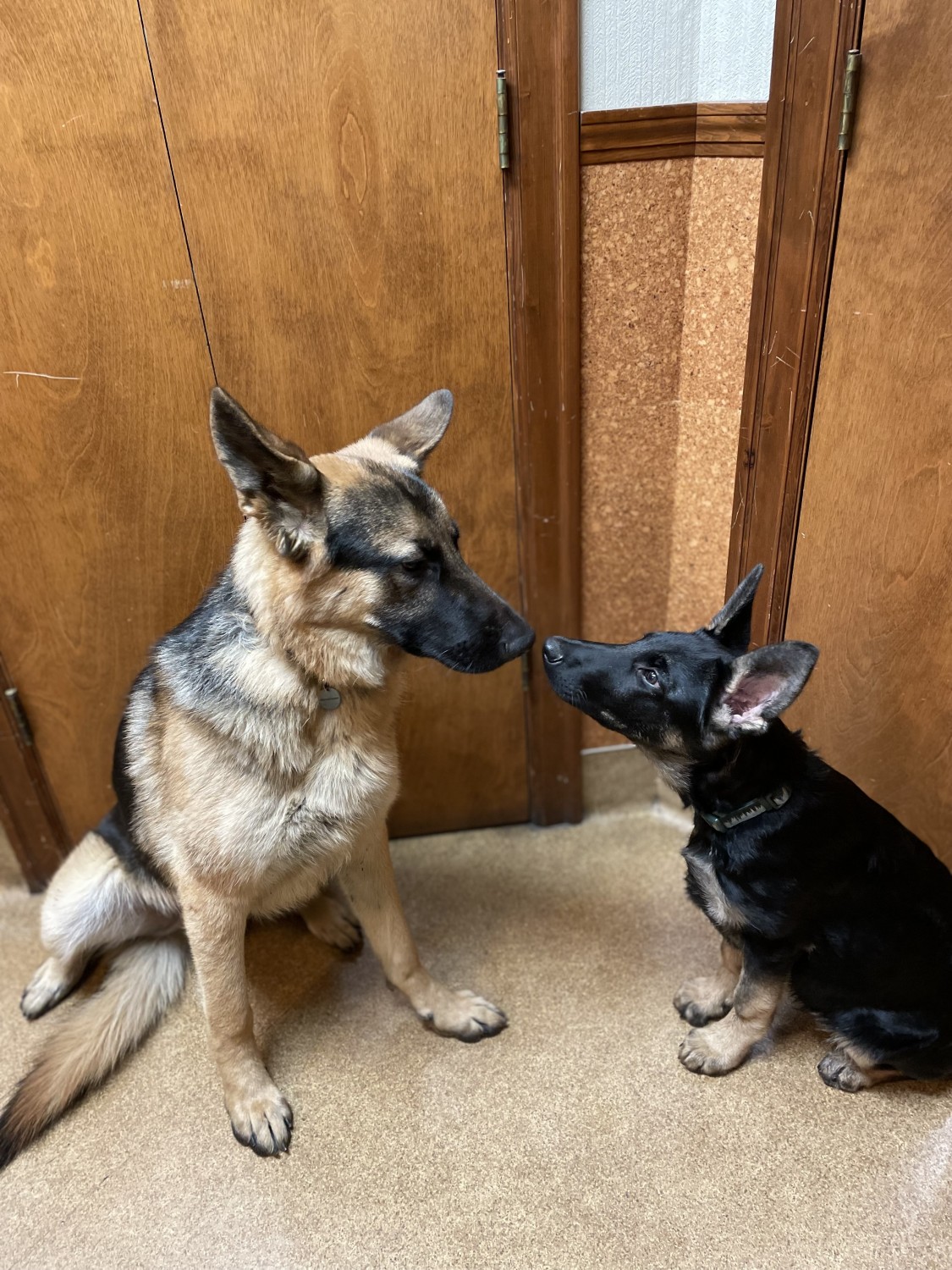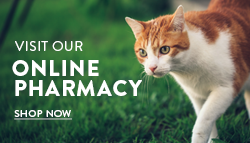Polk Veterinary Clinic
(503)623-8318
www.polkvetclinic.com
|
Frequently Asked Questions Here are some questions/answers that we are frequently asked. If you have additional questions that aren't covered here, please feel free to give us a call at Polk Veterinary Clinic. Our hospital is open Monday to Friday from 8:00am to 5:30pm. We are closed Saturdays and Sundays. 2. Do I need to have an appointment? Yes, patients are seen by appointment. 3. What forms of payment do you accept? Cash, Discover, Mastercard and Visa. We also accept Care Credit which can be applied for online or at the clinic. We do not take checks. 4. Can I make payments? Payment is required at the time of service. 5. At what age can I have my pet spayed or neutered? Spaying or neutering can be done from 8 weeks of age, though traditionally many pets are done at about 6 months of age with some large breed dogs even later. Your pet is given an exam prior to surgery to help determine whether your pet is healthy enough to undergo the surgical procedure. To best protect your pet, current vaccinations are strongly recommended at the time of surgery. Also a pre-anesthetic blood screen is recommended prior to undergoing anesthesia and surgery to identify any underlying health issues not apparent in a physical examination. 6. What is the pre-anesthetic blood screening? This is a blood test that is run here in the clinic prior to surgery. It tests values indicating organ function and blood counts of your pet. The pre-anesthetic blood screening is done to help decrease risk during surgery or anesthesia and indicate ability to heal following surgery. 7. How long do the sutures stay in after my pet's surgery? Spays and neuters generally have dissolvable sutures under the skin. Procedures involving skin sutures require them to be removed in 10 to14 days following the surgery. 8. Is it a good idea to let my pet have at least one litter? No, there is no advantage to letting your pet have one litter. However there are plenty of advantages to having your pet spayed or neutered. These advantages include reducing the chances of breast tumors later in life, decreasing the chance of cystic ovaries and uterine infections later in life, decreasing the desire to roam the neighborhood, decreasing the incidence of prostate cancer later in life, helping prevent spraying and marking, and also decreases the surplus of unwanted puppies and kittens. 9. Do you board pets? No, we no longer do boarding. There are several well qualified boarding facilities available locally. 10. What are your kennels like? Our kennels are all indoor. There is a separate room for cats vs dogs. |

